Chile & Argentina | April 28-May 14
“Students will carry on the Indigenous-centered learning of SPAN 402, SPAN 302, and LAST 303 and engage with various Indigenous authors working in Argentina and Chile”
About the program and the project
Dates: April 24-May 12
Location: Temuco, Santiago Chile, and Buenos Aires, Argentina
This research forum is specifically for a small group of undergraduate students who have taken or are currently enrolled in SPAN 302 or 402 with Maria Carbonetti; or LAST 303 or LAST 315 and have a written and spoken level of Spanish at least equivalent to the completion of SPAN 302. The experience is an extension of a broader research project that focuses on integrating the problematic of Indigenous languages as Mapuzugun into the Spanish curriculum at UBC and the work of contemporary Indigenous writers and artists while decentring the colonial language of Spanish for cultural knowledge holders and creators in southern South America. A vital part of Palabras Madres is the inclusion of Canadian contemporary indigenous poetry that students read and translate to Spanish, fostering the reflection on the ongoing consequences of colonization and current context in both regions, commonalities and differences. Since its inception in 2022, Palabras Madres/Mother Words has Indigenous consultants and curators guiding and supporting the teaching team and students: Jaqueline Caniguan (Gulo Mapu Temuco, 2022-23), Ailín Ñancucheo (Puel Mapu Neuquén 2023-24), and Indigenous artist and writer Dr. Patricia June Vickers (Ts’mysen BC, 2023-24).
Alongside Dr. Carbonetti and one graduate student, a group of three undergraduates will travel to Santiago, Chile, to visit relevant sites to learn about past and current political contexts affecting Indigenous peoples as well as art expressions. After Santiago, the group will travel to Temuco (on May 1) and the home of the Universidad de la Frontera and will be received at Centro Interdisciplinario de investigación y Creación Artística CIICA-UFRO and the Dirección de Cooperación Internacional. Students will engage with faculty, students and members of Mapuche communities and participate in presentations, lectures, panel discussions and create audiovisual resources for the project. Students will also travel South to visit Pucón, one of the most important natural areas with national parks and Indigenous communities as well as an artistic hub. There they will meet Indigenous leaders and artists and learn about the region. The end of the experience will be in Buenos Aires to attend the Buenos Aires Book Fair, where the group will meet with Mapuche authors will present their work.
Students must be available to attend an online Pre-Departure lecture in April with Prof. Félix Acuto, an Argentine researcher to learn about the history of Indigenous peoples in Argentina and Chile and the current situation of Original Peoples in the country. (Date TBD)
UBC Academic Sponsor: Maria Carbonetti
https://fhis.ubc.ca/profile/maria-carbonetti/
Maria Carbonetti is a non-Indigenous lecturer of Spanish at UBC. She was awarded the Killam Teaching Prize in 2019, and Public Humanities Engagement Award in 2022. Beyond teaching, Maria is the director of Spanish for Community, created in 2016, a hub for community engagement and service learning in the department of French, Hispanic, and Italian Studies. Through Spanish for Community, students can apply their linguistic and intercultural skills and learn from community partners locally r and abroad. Maria’s research interests include linguistics, language teaching and learning, community engaged learning, cultural studies and gender studies.
Additional Academic Support: Félix Acuto
Professor Félix Acuto is a non-Indigenous scholar and a full-time researcher at the Argentine National Council of Scientific and Technical Research whose work is focused on the history, heritage and contemporary struggles and rights of Indigenous peoples in Argentina. For the last 20 years, he has worked closely with a number of Indigenous Peoples/Nations from Argentina.
Student Eligibility
Three UBC undergraduate students will be selected to participate: Successful applicants should demonstrate a strong understanding of the subject matter (particularly through the Palabras Madres project) and have an upper-intermediate or advanced level of Spanish.
Students who are advanced in Spanish and completed SPAN 302 (or higher) or who are taking LAST 303: Indigenous Latin America or LAST 315 in 2023-24 are particularly encouraged to apply.
Go Global Eligibility Requirements:
- Full time undergraduate students (minimum 18 credits in the 2023-24 academic year) from the Vancouver campus
- Minimum 70% academic average overall, and in Term 1 2023
- Currently 2nd year status or higher (including students finishing their degree requirements this term and graduating in May)
- Students from any faculty are eligible
- Highly motivated students who possess a strong interest in Indigenous-centred learning and have upper-intermediate Spanish proficiency
Fees & Funding
Funding: This forum is supported by the Global Innovation Grant (GIG)
The Forum will bear the costs for:
- Accommodation (April 24 to May 12)
- A few meals will be provided throughout the trip, but students should expect to bear the majority of food costs
- Field trip fees
Students are responsible for the costs of:
- Flights
- Meals
- Incidental expenses at accommodation
- Passport and visa acquisition fees
- Travel insurance
Estimated flight costs (to Santiago, Temuco, and Buenos Aires): $2400
Awards: All students will receive a $1000 Go Global for participating
How to Apply
Application deadline: February 23, 2024
There is no application fee.
Complete the application online through Go Global’s Gateway system. Go to “Search Experiences” and search “UBC URF in Chile & Argentina” scroll to this program and press “Apply for” and select “Summer” to start an application.
In your application you will be asked to respond to questions relating to:
- Your motivation for joining this program
- How this program will benefit you in your current academic program and support your career goals
- Any experience working on a team
- Your interest and/or experience in community engagement or service
Please also upload your most up-to-date resume/CV.
Selected students will be notified by March 1
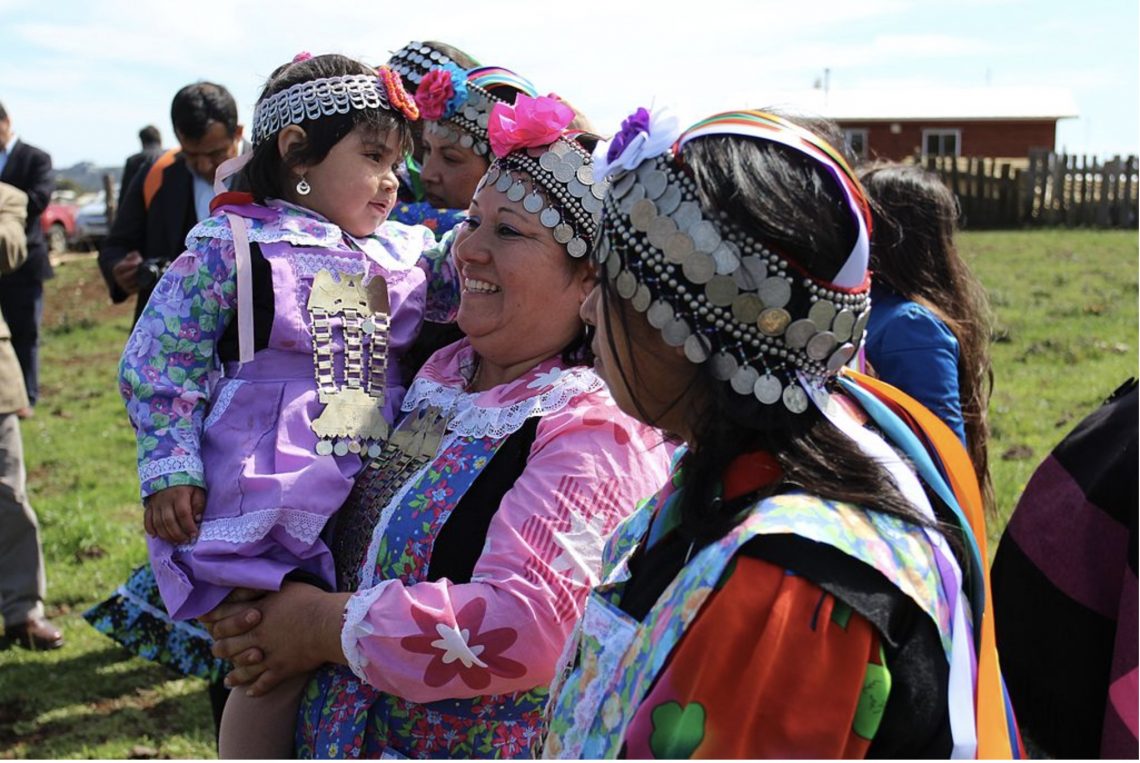
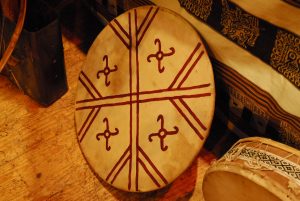

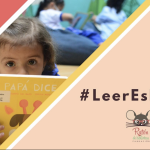
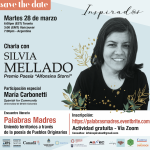
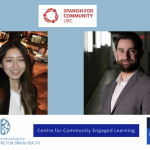
Comments by Maria Carbonetti